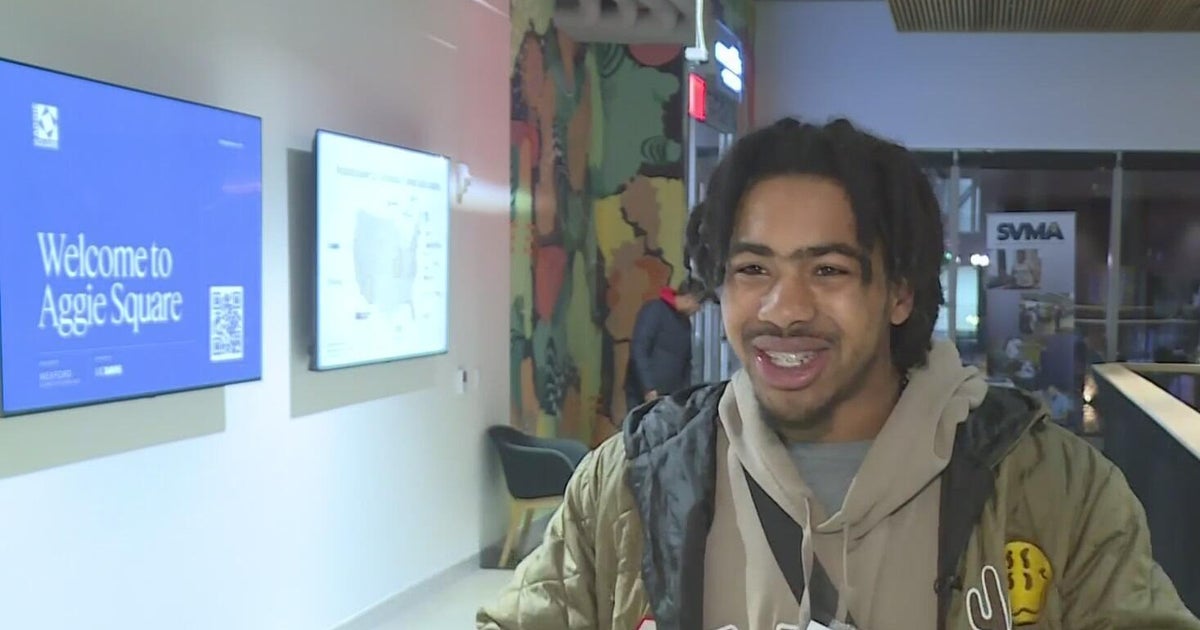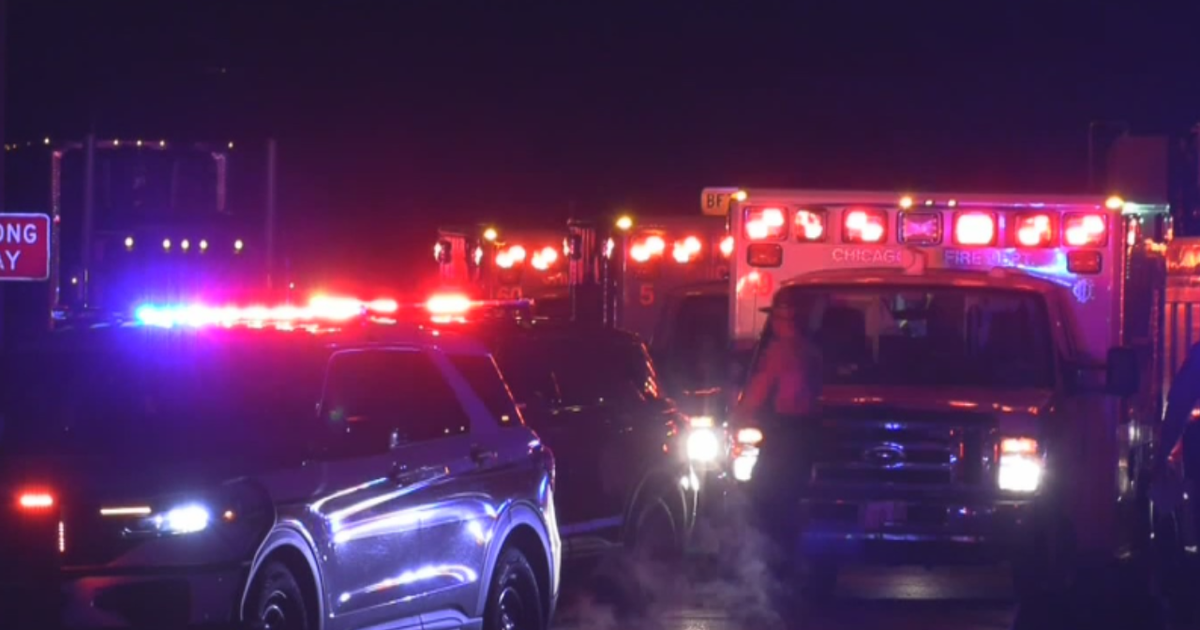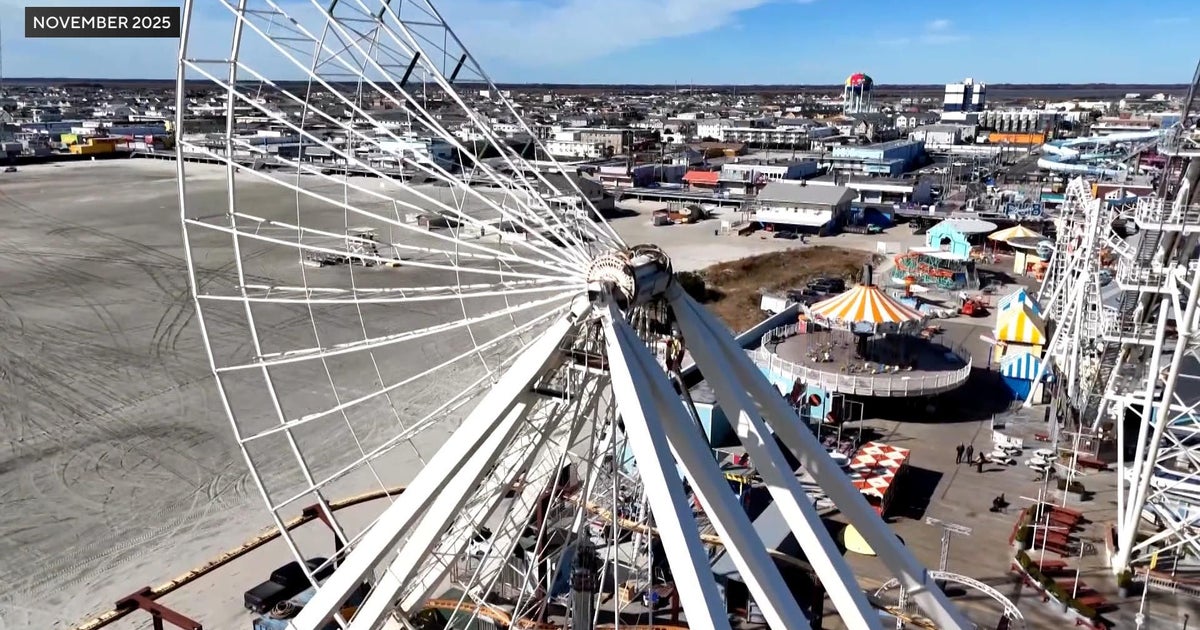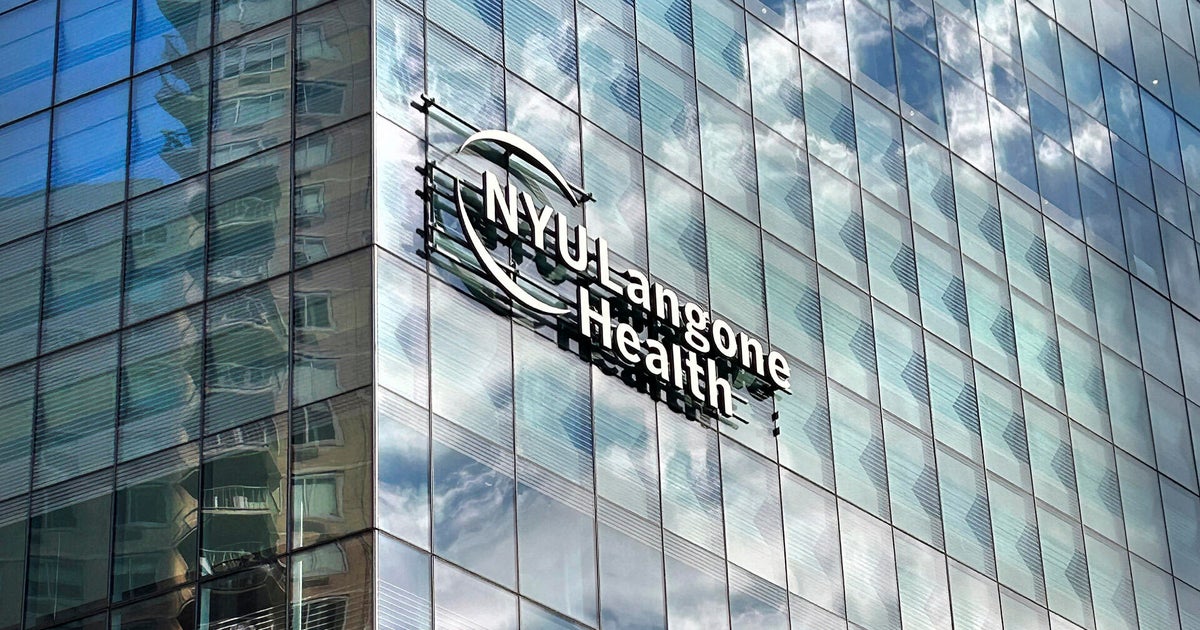Henry Ford Pioneers Robotically Controlled Ultrasound Probe
Henry Ford Hospital was the first hospital world-wide to use a new, robotically controlled ultrasound probe to remove a cancerous tumor from a kidney.
"We performed our first partial nephrectomy with the new robotically controlled ultrasound probe in January," says Craig Rogers, M.D., director of Renal Surgery at the Henry Ford Vattikuti Urology Institute.
"To date, we have completed more than 30 additional cases and there is no question that this is 'game changing' advancement for robotic surgeons," says Dr. Rogers, who was recently informed that he has performed more renal surgeries -- both for robotic partial nephrectomy and for total nephrectomy -- than any other surgeon in the world.
Current laproscopic procedure requires a surgical assistant to hold an ultrasound probe in the incision, while the surgeon is at the robotic console, where other robotic tools are being controlled. However, the ultrasound probe has to be moved manually by the assistant, with the surgeon's direction.
The new probe is controlled robotically by the surgeon, bringing greater accuracy to the process.
Rogers and his team will be publishing their results comparing RPN procedures performed with both traditional and robotically controlled ultrasound.
"The results are consistent with traditional thinking, in that there are significant benefits to providing robotic surgeons with more control over the various surgical instruments used during RPNs," he says.
Evan Theoharis, M.D., assistant director, Minimally Invasive Gynecology & Robotic Surgery Fellowship, Women's Health Services, has used the probe at Henry Ford West Bloomfield Hospital for robotic myomectomy cases, the first time the ultrasound probe has been used to remove uterine fibroids.
The ultrasound probe is being evaluated at Henry Ford for possible use in other types of surgeries and was developed by Aloka Ultrasound.







